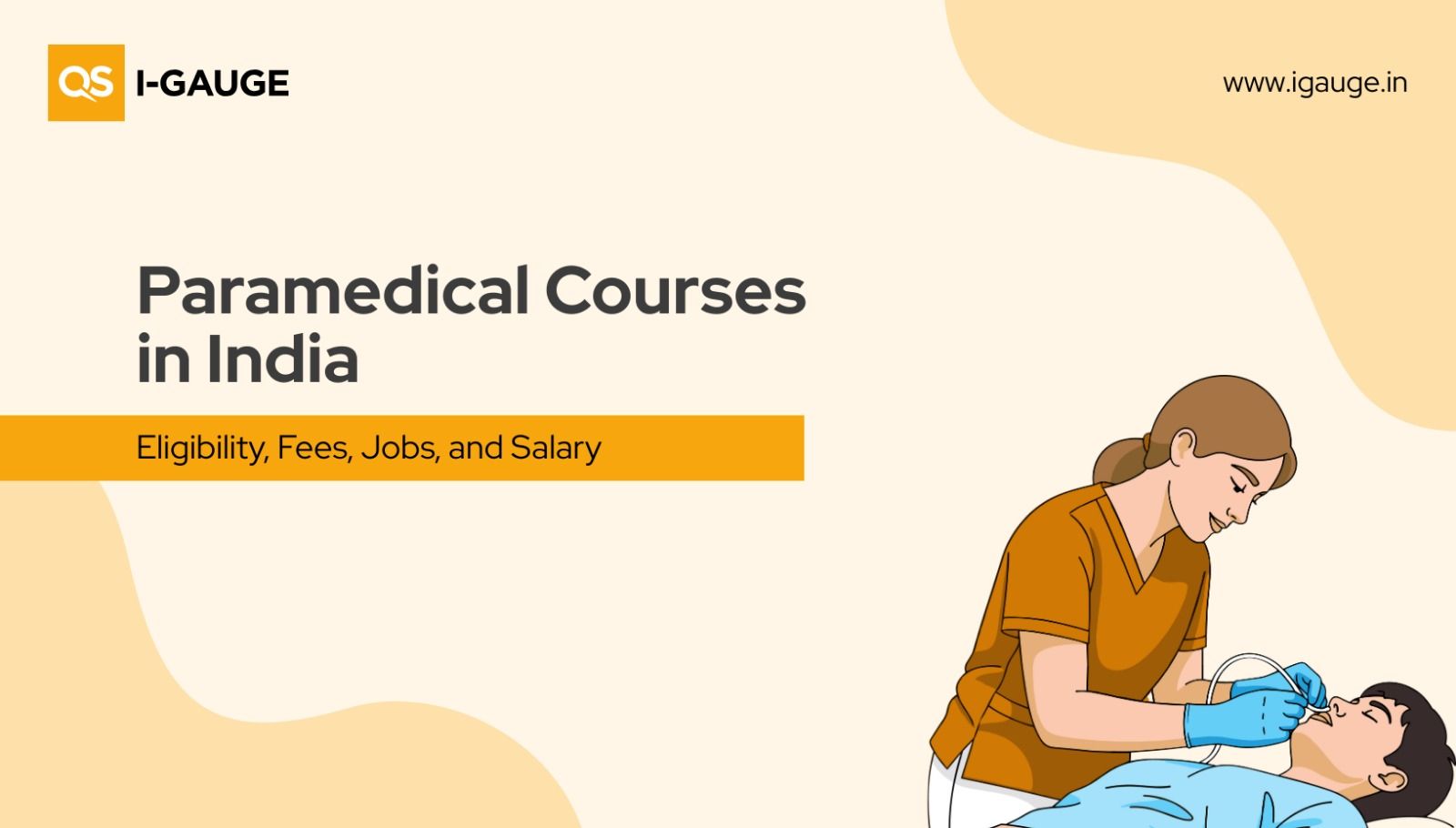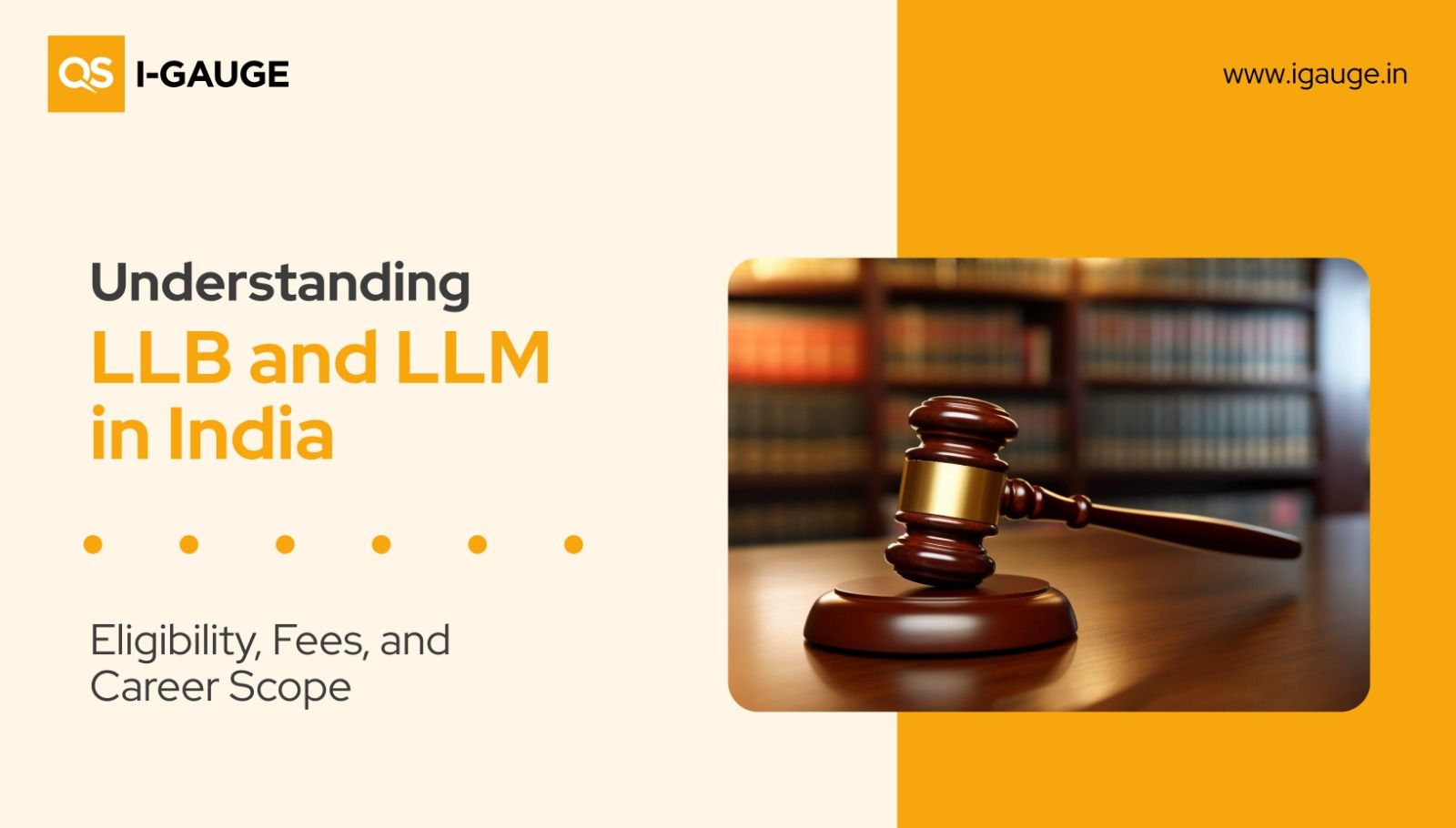
About Ramaiah Medical College (RMC): Ramaiah Medical College (RMC), Bangalore, was established in 1979. The College, ranked 30 by National Institute Ranking Framework (NIRF) and rated Gold by QS I-GAUGE, is affiliated to the Rajiv Gandhi University of Health Sciences (RGUHS), Karnataka, and is recognised by the Medical Council of India (MCI). It is a premier tertiary health care institution in India.
Battling COVID-19 – Key aspects
Commitment, discipline, and empathy are the most important qualities that an institution must have to achieve success, and Ramaiah Medical College rose to the occasion and battled the pandemic by leveraging on these key aspects.
The pandemic threw up a variety of challenges segregated into five aspects below, which were addressed rapidly and regularly by Ramaiah Medical College and Hospitals (RMCH):
- Academic Engagement: Students’ lectures and clinical postings had to change to an online mode.
- Administration and Finance: Decisions on management and finance had to be made such that the teaching and non-teaching staff were protected physically and financially.
- Infrastructure Development: A lab suitable for RTPCR had to be set up at a substantial cost, followed by training of faculty and technicians and accreditation according to ICMR requirements.
- People Management: There was apprehension and anxiety among health care staff since they had to treat this unknown disease, despite fear about contracting it themselves or carrying it to their families.
- Knowledge Management: Clinical care was a challenge since doctors had to learn about the disease and keep getting updated as newer evidence came up.
Academic Engagement
Ramaiah Medical College and Hospitals (RMCH) was not a newcomer to the e-learning space and have a well-equipped infrastructure. All classrooms in the college and hospitals had been furnished with equipment compatible with virtual teaching that resulted in:
- Webinars: 29 sessions were conducted; each session lasting 1-2 hours.
- All the departments involved with undergraduate teaching conducted 1869 online classes.
- All internal assessments were conducted online.
- PG and Super Specialty final year exams were blended - online and on-site.
Hence, the QS I-GAUGE audit on the preparedness of institutions to conduct online teaching was completed with confidence.
“The audit process was straightforward yet specific with good construction and seamless flow. The E-LEAD module, therefore, is a valuable addition while ranking institutions since a blend of online and offline training are the need of the hour.”
RMC was also designated by Rajiv Gandhi University of Health Sciences (RGUHS) as a Resource Centre for the training of health care professionals in all affiliated colleges in Karnataka. Trainees included doctors, nurses, postgraduates, interns, waste handlers, technicians, other health care workers from RMC and other institutions. Sessions were relevant to Covid prevention, diagnosis, management, and waste management. In addition to this, several faculty members participated as speakers in 110 episodes on COVID19 on various TV channels.
Infrastructure Development, Administration, and Finance
RMCH was one of the first private institutions in Karnataka to offer support to the Government of Karnataka (GOK) in handling the crisis. The institution collaborated with GOK in COVID-related activities like surveillance, contact tracing, and covid care centre duties, consultation for home isolation, data analysis, hospital preparedness, hospital waste management, and webinars. The panic caused by the deluge of information on social media led to a drop in patient attendance to the hospital in April-June 2020. Hospital revenues saw a steep fall by about 50% of its usual earnings. Despite this, RMC Hospitals continued to collaborate with the Government and continued 360-degree sustained effort of holding all teams together during a long-drawn crisis. Other initiatives like plasma bank, post-COVID care unit, and vaccination centre were also set up. Strict protocols and guidelines were followed regarding the admission of patients with the provision of a suspect ward for unsure cases. However, considering the anxiety and stress that antenatal mothers might be going through, the hospital decided to admit them to the labor room, with or without the Covid test.
People Management
Dwindling staff due to various factors posed another major challenge and it was addressed through measures like not posting doctors with certain morbidities for COVID duties. Further, all staff who completed COVID duty were on quarantine for one week. Six hourly rotations of staff were drawn up keeping in mind the challenges of wearing the PPE, load of patients, and specialty of the doctors. The Ramaiah COVID warriors rose to the challenges with dedication and courage. Motivating and inspiring the doctors and nurses to provide health care amidst the concerns for their own safety was addressed by initiating an online survey to understand their anxieties and be responsible towards ensuring the mental well-being of health personnel. Senior members of the management addressed the workforce frequently to keep up their morale. Dept of Psychiatry organised online weekly awareness and counseling sessions for all faculty and health care staff along with continued support through a 24/7 confidential helpline for all faculty and staff. In addition to this, the following interventions were also made:
- A safety/quarantine committee was formed to assess the health care worker exposure/ risk assessment, need for quarantine (home/ institutional), and testing protocol.
- Faculty and health personnel were posted in 4 shifts daily. Accommodation and refreshments were provided during their rotation. All those who completed a 7-day rotation were provided a quarantine facility with food, whose expenses were borne by the institution.
- All health workers were provided with personal protective equipment regularly.
- They were also given one week off for post-duty quarantine. Covid testing was done free of cost for all employees. The cost of hospitalization for infected health care workers was borne by the hospital. There was no pay cut for any employee.
- A special Covid allowance was given in addition to the full salary, for frontline workers.
- Significant administrative decisions based on the norms and advisories provided by the government were taken. Guidelines of the Medical Council of India (MCI) and RGUHS were followed for academic activities with various Standard Operating Procedure (SOP) and policies drafted and implemented.
Knowledge Management
It became imperative that health care professionals make all efforts to learn more about the virus, its mode of transmission, its management, and prevention. Hence the Ramaiah community rallied together to research the new disease. One of the endeavors was bringing out a compilation of experiences with Covid 19 and other covid literature. The Ethical Review Board of the college has reviewed 42 projects so far and approached ICMR to brainstorm the possibility of establishing a Covid registry which would be useful to follow up patients to study the long-term effects and the socio-demographic characteristics of people who get infected.
All the relentless efforts did not go unnoticed and RMCH received many accolades including a certificate for exemplary performance under Ayushman Bharat Arogya Karnataka Yojana by the Govt of Karnataka on 26 January 2021, making it the only private hospital to receive this award in the district. Other notable awards were the Excellence Award from Association of Healthcare Providers, India for Community engagement programme (2020), and securing third place in international competition for healthcare worker safety/workplace safety during covid pandemic organised by Consortium of Accredited Healthcare Organisations along with Indian Council for Medical Research during WHO patient safety week in September 2020. The institution’s diligence and responsibility towards humanity inspired the medical college to succeed in caring for patients with COVID-19.
Disclaimer
The views & opinions expressed in this blog do not necessarily represent those of QS-ERA India Private Limited and/or its employees, partners, shareholders, or other stakeholders.




